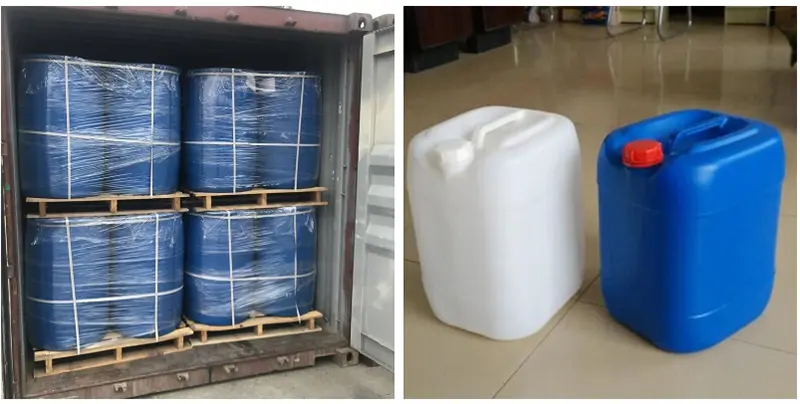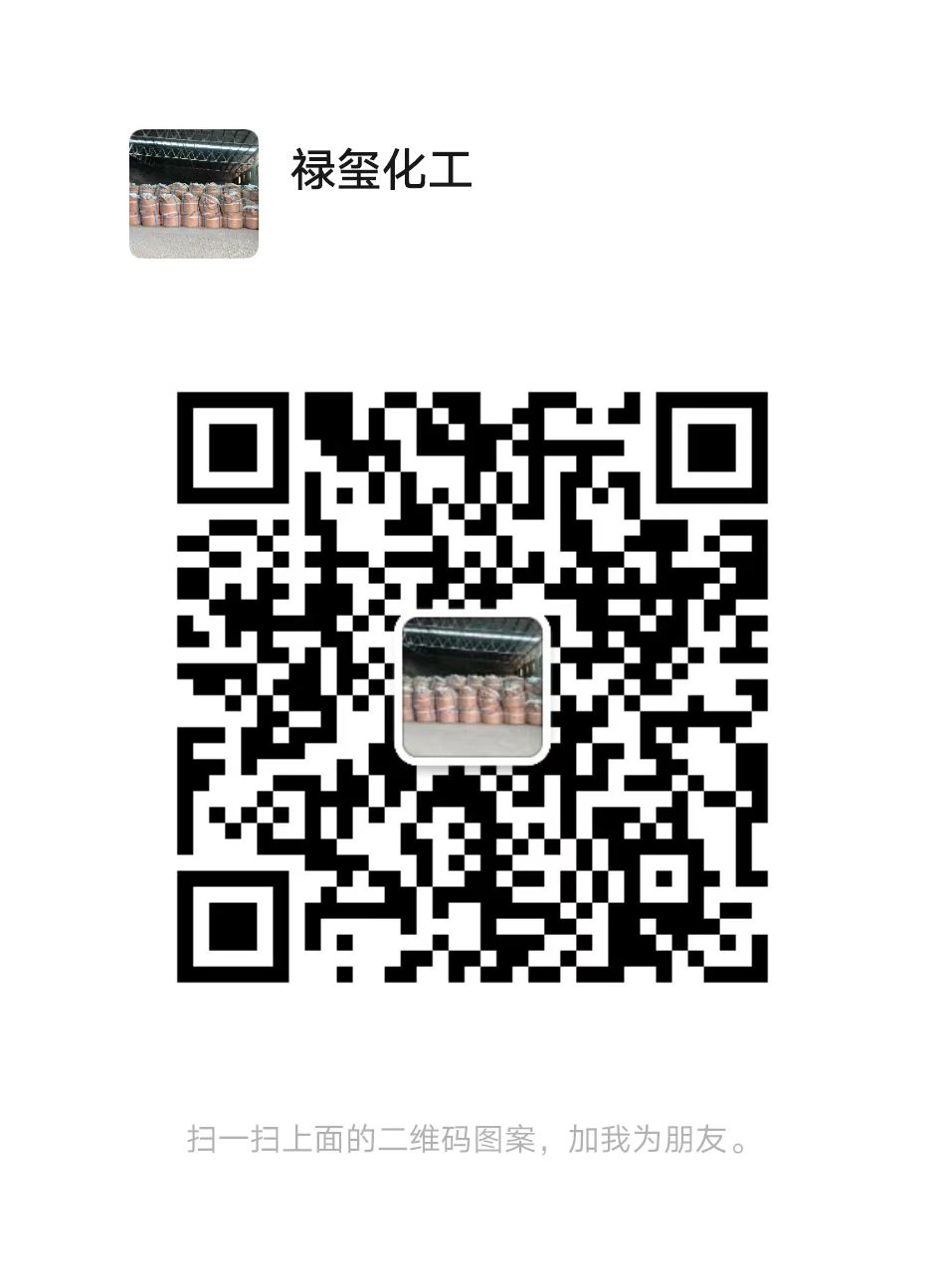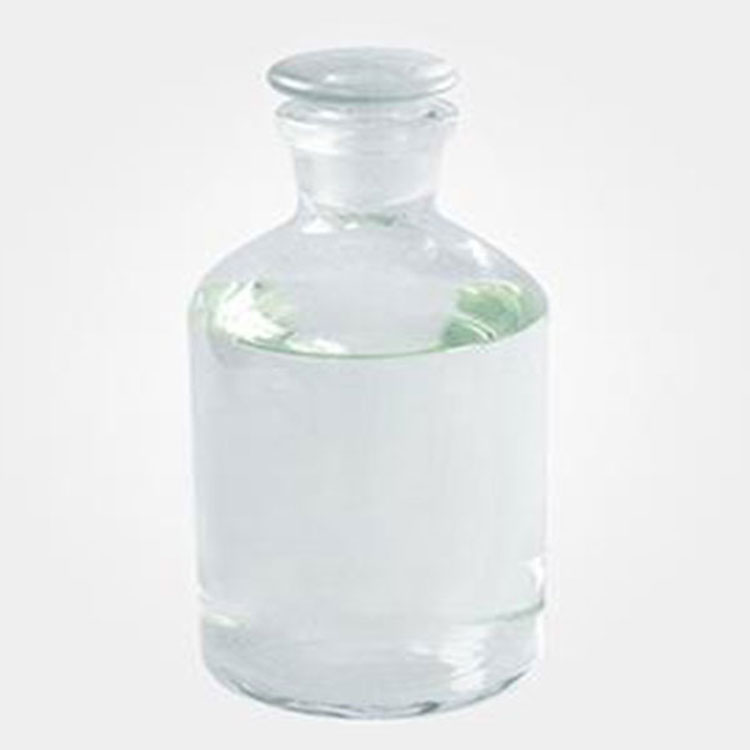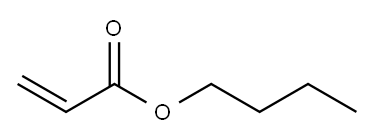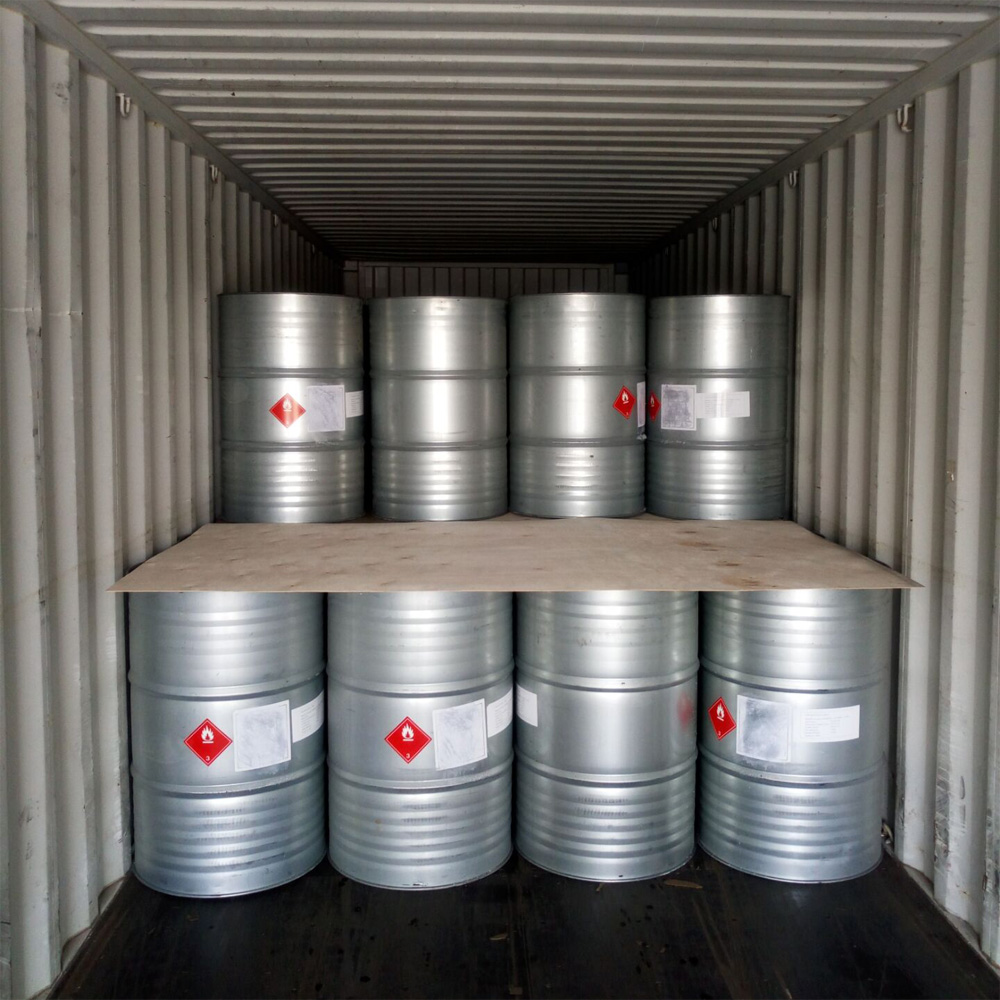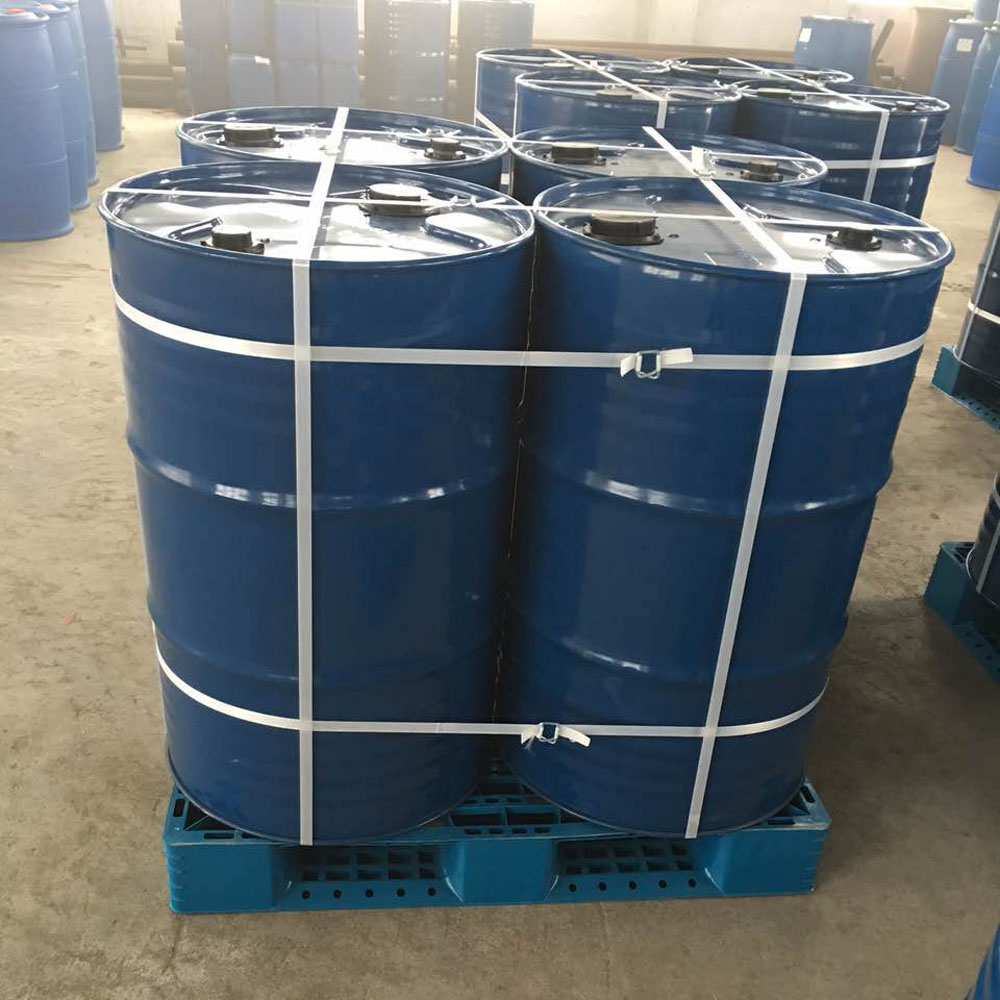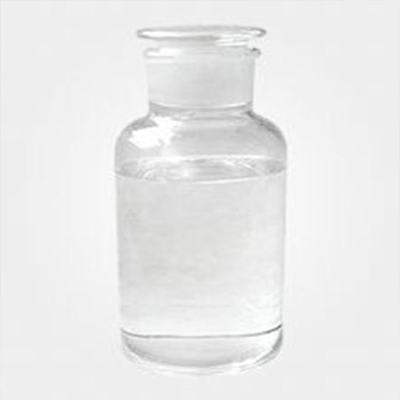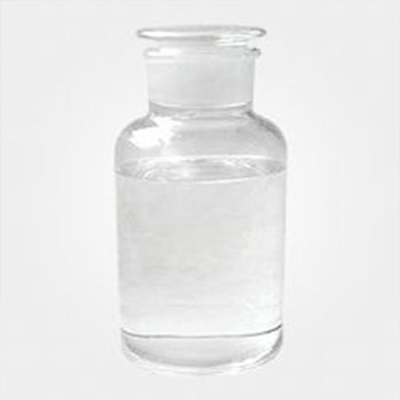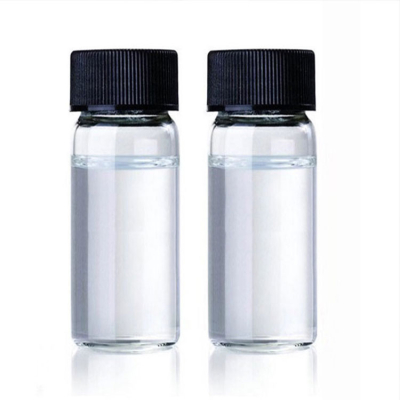Butyl acrylate CAS#141-32-2
Butyl acrylate CAS#141-32-2 Promotion Season Now in Store and Free Sample for Testing with Factory Price
Chemical Name:Butyl acrylate
CAS No.:141-32-2
Molecular Formula:C7H12O2
Molecular weight:128.17
Sample: Available
Mode of Transportation
1. By Air, fast but expensive.
2. By Sea, usual and economy.
3. By Train, suit for middle Asia countries.
4. By Express, suit for small package.
We only provide highest quality goods available, accompanied by after support!
Products Description of Butyl acrylate CAS#141-32-2
Butyl acrylate is mainly used to make polymer monomers for fibers, rubbers, and plastics. It is used in the organic industry to make adhesives, emulsifiers, and as an organic synthesis intermediate.
It is used in the papermaking industry to make paper reinforcing agents. It is used in the coating industry to make acrylic coatings. Butyl acrylate (butyl acrylate) is the most important variety of acrylic esters. In the existing continuous production process, direct esterification of butyl acrylate is the main production method in the world at this stage. Its main process flow is: the raw materials acrylic acid and n-butanol are esterified in two series reactors, organic acids are used as catalysts, and the method of dehydration while reacting is adopted to make the reversible esterification equilibrium reaction proceed as far as possible in the direction of butyl ester formation.
Butyl acrylate Chemical Properties
Melting point | -69 °C |
Boiling point | 61-63 °C60 mm Hg(lit.) |
density | 0.894 g/mL at 25 °C(lit.) |
vapor density | >1 (vs air) |
vapor pressure | 3.3 mm Hg ( 20 °C) |
refractive index | n20/D 1.410(lit.) |
Fp | 63 °F |
storage temp. | Store below +30°C. |
solubility | 1.7g/l |
form | Liquid |
color | Clear Colorless |
Odor | Fruity |
Odor Threshold | 0.00055ppm |
explosive limit | 1.1-7.8%(V) |
Water Solubility | 1.4 g/L (20 ºC) |
Sensitive | Light Sensitive |
Merck | 14,1539 |
BRN | 1749970 |
Exposure limits | TLV-TWA 10 ppm (~55 mg/m3) (ACGIH). |
Stability: | Stable. Flammable. Incompatible with strong oxidizing agents, strong acids, strong bases. |
InChIKey | CQEYYJKEWSMYFG-UHFFFAOYSA-N |
LogP | 2.38 at 25℃ |
CAS DataBase Reference | 141-32-2(CAS DataBase Reference) |
NIST Chemistry Reference | 2-Propenoic acid, butyl ester(141-32-2) |
IARC | 3 (Vol. 39, Sup 7, 71) 1999 |
EPA Substance Registry System | Butyl acrylate (141-32-2) |
Safety Information
Hazard Codes | F,Xn,Xi |
Risk Statements | 11-20/21/22-37/38-43-52/53-36/37/38-10 |
Safety Statements | 16-25-37-61-9-36/37-26 |
RIDADR | UN 1993 3/PG 2 |
WGK Germany | 2 |
RTECS | UD3150000 |
F | 10 |
Autoignition Temperature | 559 °F |
TSCA | Yes |
HazardClass | 3 |
PackingGroup | III |
HS Code | 29161230 |
Hazardous Substances Data | 141-32-2(Hazardous Substances Data) |
Toxicity | LD50 orally in rats: 3.73 g/kg (Smyth) |
IDLA | 113 ppm |
Product Application of Butyl acrylate CAS#141-32-2
Butyl acrylate is a more active variety in the general-purpose acrylates. It is a highly reactive soft monomer that can crosslink, copolymerize and connect with a variety of hard monomers (hydroxyalkyl, glycidyl, methyl amide) to form a variety of polymers such as emulsions and water-soluble copolymers. It can also prepare plastic and crosslinked polymers to obtain a variety of products with different characteristics such as viscosity, hardness, durability, and glass transition temperature. Butyl acrylate is an important intermediate with high application consumption. It is widely used in coatings, textile adhesives, plastic synthetic fibers, detergents, highly absorbent materials, chemical additives (dispersion, flocculation, thickening, etc.), synthetic rubber and other industries. In particular, it has attracted much attention abroad as a modifier for MMA and MBS resins.
Factory and Equipment Show
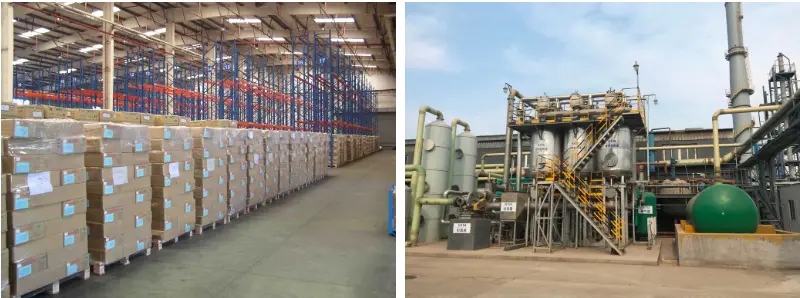
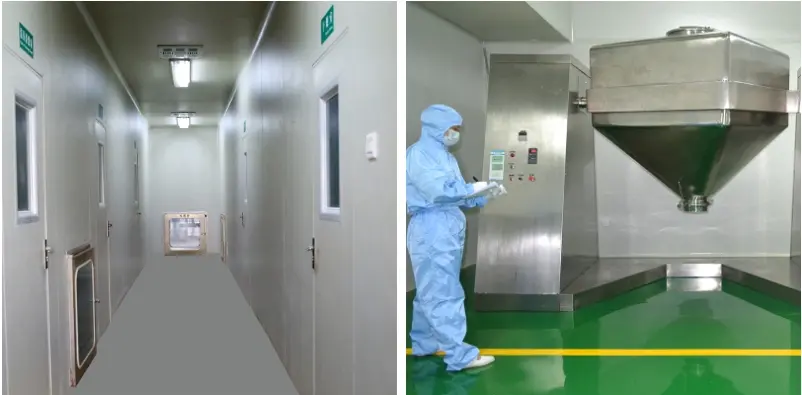
Fast delivery time
Inventory 2-3 working days New production 7-10 working days
